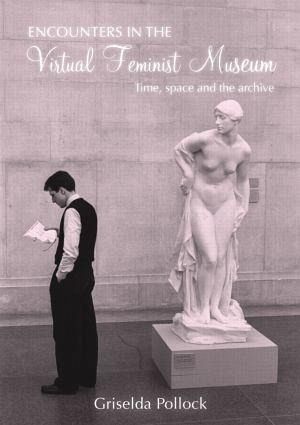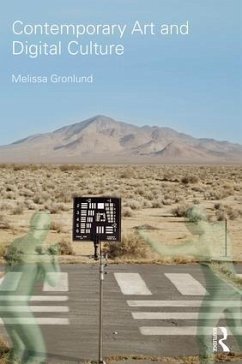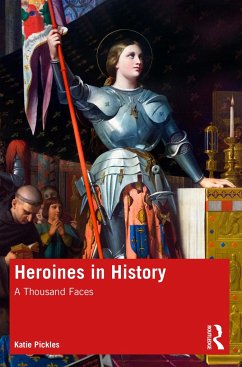
Encounters in the Virtual Feminist Museum
Time, Space and the Archive
Versandkostenfrei!
Versandfertig in über 4 Wochen
63,99 €
inkl. MwSt.
Weitere Ausgaben:

PAYBACK Punkte
32 °P sammeln!
Featuring studies of Canova's "Three Graces" and women artist's modernist reclamations of the female body, this book traverses the rupture of fascism and the Holocaust and ponders the significance of painting and drawing in their aftermath.














